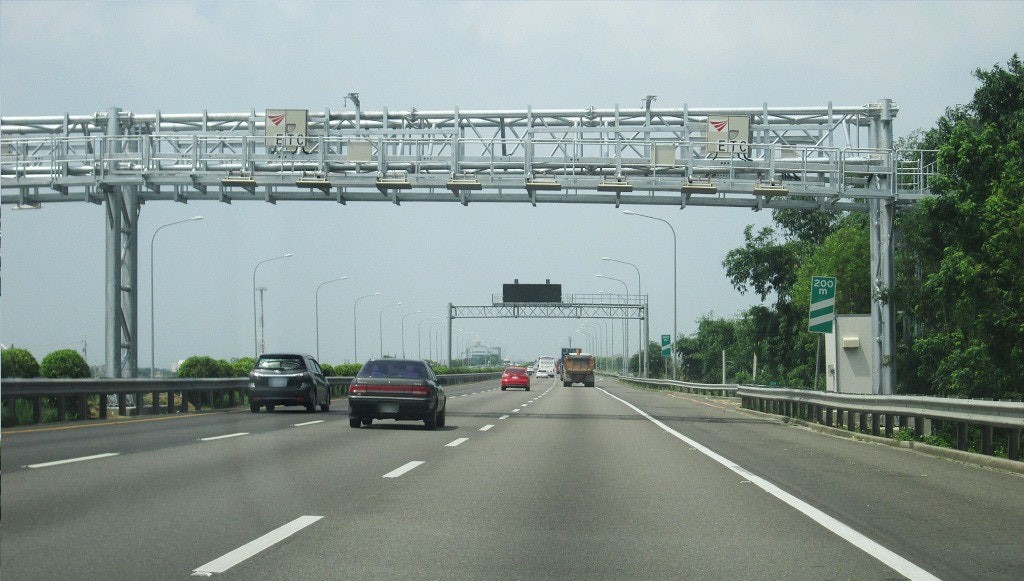RFID Application
The earliest application of RFID dates back to the 1940s when it was used during World War II to read encoded signals from aircraft radar for identifying enemy planes. This laid the theoretical foundation for radio frequency identification technology. However, it was not until the 1980s when RFID gradually entered our field of vision and began to be commercially adopted, leading to its widespread application across various industries. Today, RFID is extensively utilized in modern technology.
With its primary function being "identification," RFID has been introduced into commercial and management applications, allowing real-time control of production process information. It effectively facilitates the automation goals of industries, reducing labor costs, enhancing precision, and minimizing human error rates. The current range of applications includes:
Manufacturing Industry: Currently, the manufacturing industry can be considered the most extensive user of RFID technology. Applications span from raw material procurement, logistics management, production, warehousing, distribution, to post-sale product tracking. All these processes can be controlled and monitored in real-time through RFID tracking and identification systems, achieving seamless connection between on-site production and backend monitoring.
Solution details can be referred to at:
https://www.arizontw.com/msg/rfid-supplier-material-management-platform.html
https://www.arizontw.com/msg/rfid-inteligent-forklift.html
For more information about RFID readers, please refer to:
https://www.arizontw.com/product-AL-800-AL-800.html
https://www.arizontw.com/al-700-handheld-reader-new-products.html
Warehousing and Postal Logistics Industry: RFID is used to track the flow of goods, monitor incoming and outgoing inventory information. Both buyers and sellers can use apps to link and track the progress of goods in real-time. If goods are lost during transportation, they can be quickly retrieved.
For more information about Tags, please refer to: https://www.arizontw.com/taz-b75-rfid-logistics-tags.html
Electronic Article Surveillance (EAS) System: This monitoring system is used to prevent theft. Only after correct purchase or checkout, can employees deactivate or remove the tag attached to the item; otherwise, when the tag passes through the entrance or exit antennas, an alarm will be triggered.
Electronic Toll Collection (ETC) System: Examples include ETC on highways, EasyCard, iPASS, and automated checkout counters. These systems eliminate the need for queuing during driving or payment processes, ensuring smoother and more efficient transactions while also saving on labor costs.

For more information about RFID readers, please refer to: https://www.arizontw.com/product-AL-800-AL-800.html
Library Management: Thousands of collections within the library are equipped with their own barcode RFID tags, making it more convenient for librarians to organize and locate items. Additionally, this system provides a self-service borrowing mode for library patrons.
Solution details can be referred to at:
https://www.arizontw.com/msg/rfid-asset-management-system.html
For more information about RFID readers, please refer to:
https://www.arizontw.com/al-700-handheld-reader-new-products.html
Livestock Industry: RFID chips containing tags are placed on animals, such as poultry electronic leg rings, to assist managers in monitoring animal growth information, including disease prevention and treatment data. This ensures food supply chain safety.

Pet Microchipping: RFID electronic tags are implanted under the skin of pets. In the event that a pet goes missing, a scanner can be used to identify their identity from the tag on their back, making it akin to a pet's identification card. The tag is extremely small and its insertion does not pose any harm to the pet's body. Moreover, it does not require replacement throughout the pet's lifetime.
For more information about the tags, please refer to: https://www.arizontw.com/yth-300-anti-counterfeiting-rfid-tags.html
As the world's second-largest RFID tag supplier, Arizon provides electronic tags to global apparel giants UNIQLO and DECATHLON. With an impressive product consistency rate, it helps these multinational companies achieve their concept of sustainable operations. In addition, RFID technology is widely applied in various fields, including vehicle positioning systems, anti-counterfeiting for valuable tickets, electronic medical records, and more, indicating its pervasive presence in our daily lives.
In recent years, the labor shortage issue in the Taiwanese market has become increasingly prominent, and the post-pandemic labor market is facing a severe imbalance between supply and demand. Factories experience delayed order production due to labor shortages, leading to potential efficiency issues, or they may resort to excessive overtime demands on employees to compensate for the productivity gap, which in turn can lead to reduced production efficiency and difficulties in talent recruitment and knowledge transfer.
Introducing RFID technology into workplaces could address these challenges in several ways. First, it can effectively fill the labor gaps and accelerate production speed. For example, in traditional manufacturing industries, repetitive tasks can be automated or systematized, reducing the burden on employees. Second, when products are inspected using technology, there are fewer deviations, which can lead to a reduction in the occurrence of defective products. By leveraging technology trends, scarce human resources can be utilized more efficiently, creating a more employee-friendly work environment.





